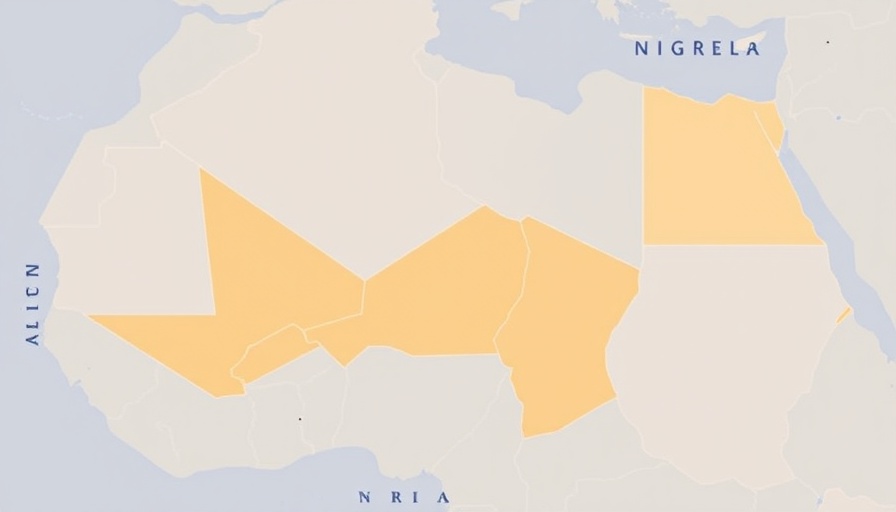
Niger's Bold Shift Away from Francophonie
In a decisive move that underscores its growing estrangement from France, Niger has officially withdrawn from the Organisation Internationale de la Francophonie (OIF). This withdrawal was announced by the Nigerien government's foreign ministry on March 17, 2025, marking a significant step in its redefined geopolitical stance following the military coup that ousted democratically elected President Mohamed Bazoum in July 2023.
The OIF, likened to a Commonwealth for French-speaking nations promoting cultural and political cooperation, suspended Niger’s membership after the coup, demanding both a return to constitutional order and the release of Bazoum, who remains detained. The junta, led by General Abdourahamane Tiani, has responded by suspending all cooperation and adopting an anti-colonial rhetoric that reflects a broader sentiment in the region seeking to break free from the remnants of colonial influence.
Shifting Alliances and Regional Dynamics
Niger's exit from the Francophone community is emblematic of a significant geopolitical shift, as the military-led government strengthens ties with fellow juntas in Burkina Faso and Mali. This trend isn’t isolated; rather, it is part of a larger pattern of regional cooperation among nations that have similarly distanced themselves from Western influence. Analysts note that this coalition reflects a realignment towards partnerships with countries like Russia, which has been actively expanding its presence in Africa.
The implications of these shifts could resonate deeply across the continent, as Niger, alongside Mali and Burkina Faso, has previously exited the Economic Community of West African States (ECOWAS), protesting what they perceive as undue interference from Western powers. These countries are asserting their sovereignty and seeking to redefine their political landscapes away from Western dictates.
Historical Context and Symbolism
This withdrawal from the OIF is not just a political maneuver; it also bears historical significance. In a symbolic act of reclaiming national identity, shortly before the coup, Niger adopted a new national anthem, replacing one that had colonial ties. This anthem, titled 'For the Honour of the Fatherland,' resonates with the nation's struggle against colonial legacies. The shift signifies a broader awakening across Africa, where former colonies are increasingly calling for a re-examination of their relationships with former colonial powers.
The Future of Niger's Diplomatic Landscape
As Niger withdraws from traditional alliances and forges new ones, questions linger about its place in international diplomacy and economic cooperation frameworks. With the OIF's focus on cultural cooperation and promoting the French language, Niger's departure hints at a deeper rejection of post-colonial frameworks that have historically shaped African nations' identities.
The ongoing geopolitical shifts present multifaceted opportunities and challenges for investors and policymakers monitoring Africa’s role in the global economy. The junta’s actions could have cascading effects on trade, governance, and diplomatic relations, not just within West Africa, but globally.
The current landscape, defined by a complex interplay of nationalism and emerging international ties, is essential for investors and policymakers to understand as they navigate Africa's rapidly changing environment. The question now is how Niger’s new alliances will shape its economic future and the overall stability of the region.
 Add Row
Add Row  Add
Add 


 Add Row
Add Row  Add
Add 

Write A Comment